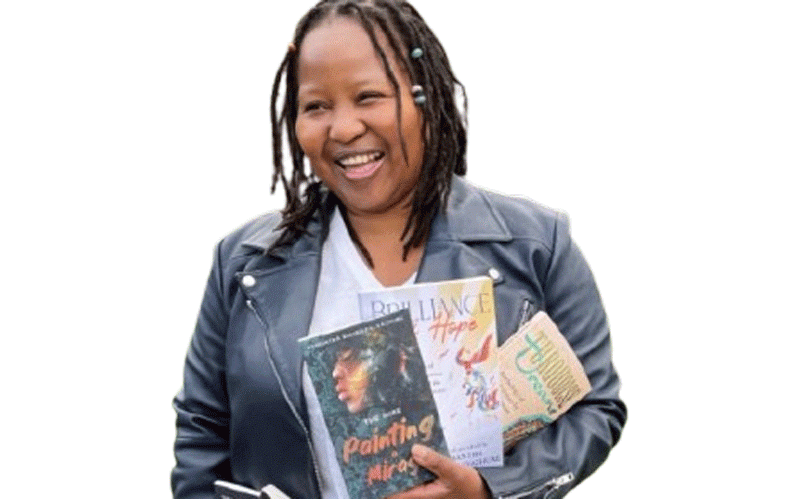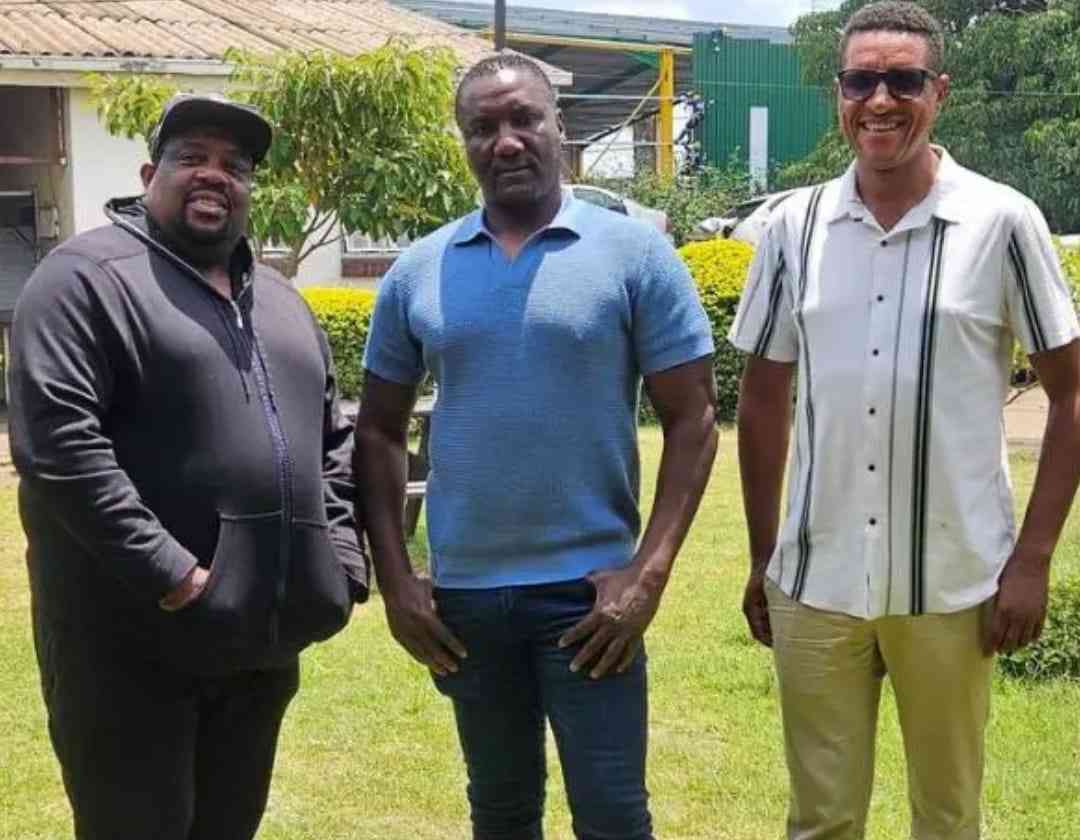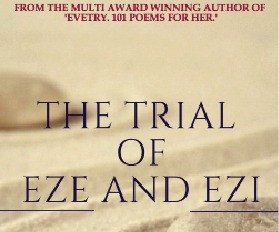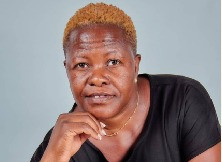
I wrote my first book in my mother tongue, Chikaranga — a dialect of Shona spoken in Masvingo.
It was a poetry collection titled Inanga, and I had hoped to publish it through a Zimbabwean publishing house.
But I quickly discovered that most reputable publishers back home had closed.
That moment of realisation sparked a journey that would lead me to establish my own publishing company, Carnelian Heart, in the UK.
As a lawyer, I couldn’t bring to mislabel the language on Amazon just to get the book out.
Chikaranga wasn’t on their authorised languages list, so I searched for alternatives. Eventually, I found a wholesaler who could distribute the book but only through a registered publisher.
That’s how Carnelian Heart was born: out of necessity, but also out of a desire to take accountability for the cultural content I was sharing.
Since then, I’ve published works in multiple Zimbabwean languages and English, including anthologies like The Brilliance of Hope, which features diaspora stories from Zimbabweans in the UK, South Africa, Dubai, Australia, and back home.
- ‘Poverty has destroyed Zim’s reading culture’
- Musodza’s Aquilina translated into English
- From WhatsApp to the world: Samantha Rumbidzai Vazhure’s publishing journey
Keep Reading
I handpicked contributors by scouting literary journals and social media, ensuring a balance of voices and geographies.
The anthology is a testament to the richness of Zimbabwean storytelling across borders.
One of the most memorable projects I’ve worked on was Once Upon a Time, a novel written entirely on WhatsApp by a Zimbabwean author who didn’t own a laptop.
He created a group with his wife and typed the entire manuscript message by message.
I was amazed by the quality — minimal errors, a compelling narrative, and a deep dive into pre-colonial Karanga culture. It was a joy to edit and publish.
Changing the culture of reading
Growing up in Masvingo, I studied Divinity, Shona and English Literature at A-Level.
I wouldn’t call myself an avid reader — back then, we read to pass exams, not for pleasure.
That culture of reading only for academic success is something I’m working to change.
At Carnelian Heart, we’ve started publishing children’s books to encourage early reading for enjoyment.
I believe that shaping literary culture starts with the young.
We’ve also expanded into publishing poetry collections in other Zimbabwean languages.
To ensure quality, I’ve recruited editors who are experts in those languages.
It’s a slow but rewarding process, and I’m excited about the multilingual children’s books and poetry collections coming soon.
Balancing passion and profession
Balancing my creative work with my professional life as a governance and finance consultant is challenging.
I work on short-term contracts, which gives me flexibility to focus on publishing between jobs.
I also paint as a visual artist — both as a form of relaxation and a way to fund my publishing work.
Long walks and hikes help me recharge. Discipline, passion, and self-care are key to sustaining this multifaceted life.
For anyone thinking of branching out from a linear career path, my advice is to recognise the transferable skills you already have.
Writing reports, managing projects, editing marketing materials — these are all skills that can fuel your passion projects.
I had no formal publishing experience when I started, but I learned by doing, asking questions, and staying curious.
A message to young writers
To the young girl in boarding school or the day scholar dreaming of becoming a writer — be intentional.
Let your passion show. Share your work, talk about it, and keep improving.
Submit to journals, enter competitions, and never stop learning. Writing is a craft, and like any craft, it grows with practice and purpose.
And it doesn’t have to be something as big as competitions.
Even at school, you can form a small writers’ group — whether in boarding school or your dorm — and meet weekly or monthly to share and critique each other’s work.
That’s how you grow. Be passionate and keep developing yourself as an artist.
Most importantly, stay true to yourself. Remind yourself often of who you really are.
When your writing is authentic, people connect with it. If you write pretentiously or dishonestly, readers will sense it.
Authenticity allows your work to resonate deeply with others. So align with your truth and let that guide your creative journey.
- Samantha Rumbidzai Vazhure is a Zimbabwean lawyer, award-winning author, publisher, editor, translator, and visual artist based in Wales. She is the founder of Carnelian Heart, a publishing company amplifying African voices across languages and borders.
- This column is curated by the British Embassy in Harare, demonstrating the strong people-to-people relations between the UK and Zimbabwe.










